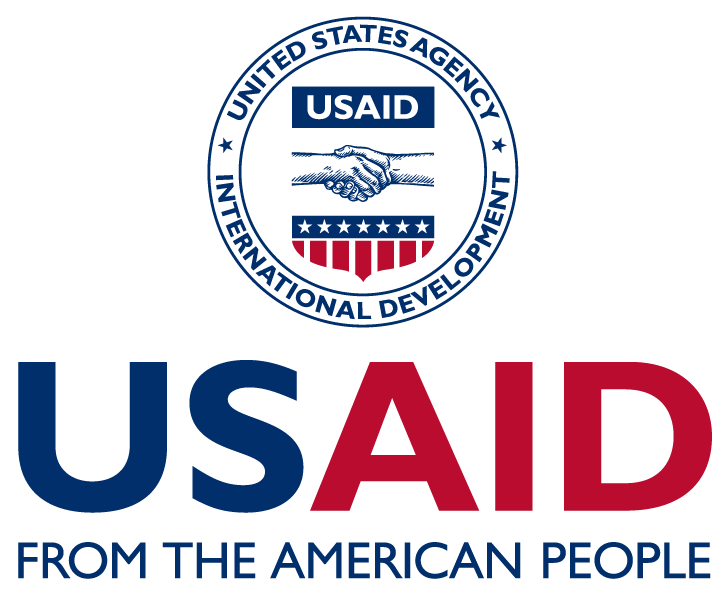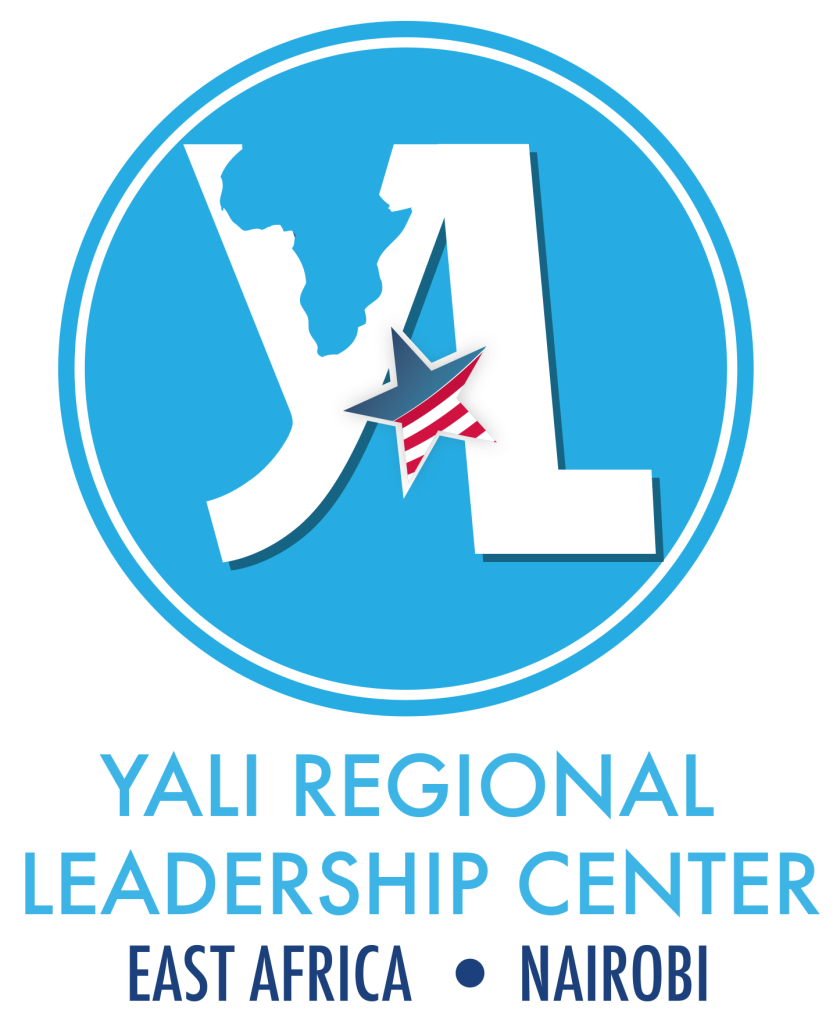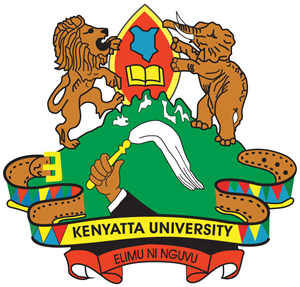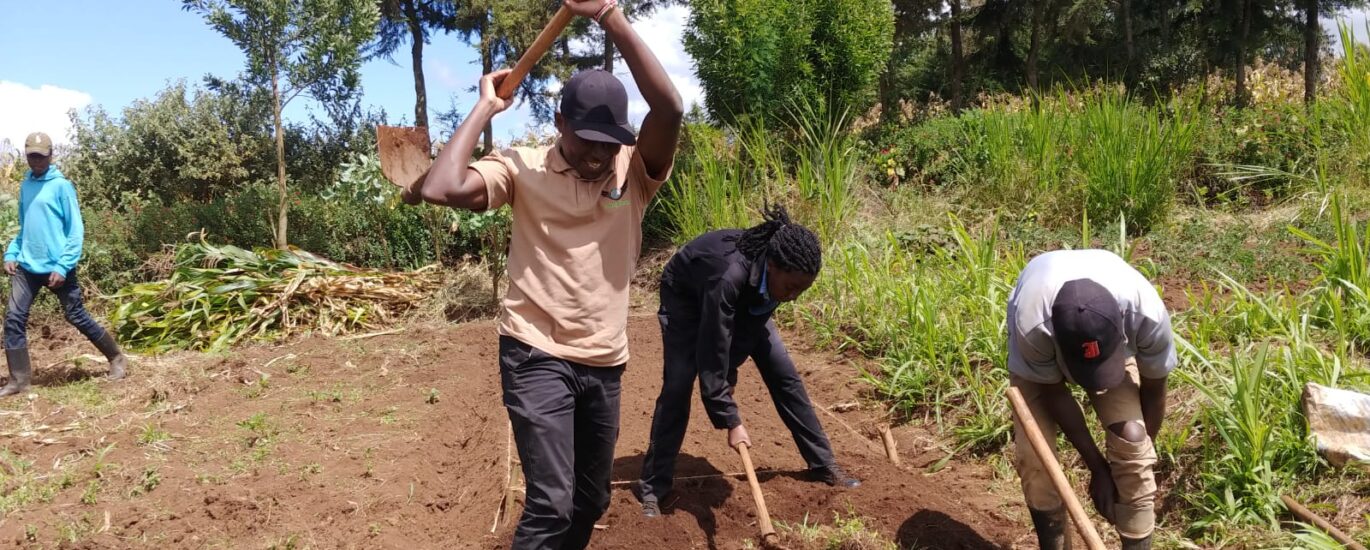Youth unemployment is one of the problems facing most African countries today. In Kenya, youth unemployment is higher than the overall national unemployment rate. While the latter is around 10%, it goes as high as 35% for youth, depending on the age group. Youth unemployment is primarily a challenge of economic growth and job creation in Kenya. The Kenyan economy is not creating sufficient jobs to cater to the increasing young labour market entrants. Further, it is estimated that the disaggregation of unemployment rates by gender reveals a higher rate for females than males. For instance, in rural areas, male unemployment rate is 16.8% compared to 20.3% for females among 20–24 year-olds.
One of the challenges that has led to increased youth unemployment is the skill gap, which refers to the difference between the skills that young people possess and the skills that are in demand in the labor market. This gap can result in young people being unable to find good jobs, leading to economic insecurity, high crime rates, drug and substance abuse, and increased rural-urban migration. However, youth offers an innovative, dynamic workforce with a high uptake of technological know-how and the ability to take on significant levels of risk. To address the issue of unemployment among youth, it is essential to invest in Youth Entrepreneurship in Agribusiness projects to provide young people with the skills and knowledge they need to stimulate economic transformation and business sector development.
Agriculture remains the backbone of Kenya’s economy, directly contributing 30% of the annual Gross Domestic Product (GDP) and another 27% indirect contribution according to the Kenya Economic Survey of 2016. The sector is, therefore, critical in creating employment and uplifting the living standards of the Kenyan people. Against this background, Agriculture has been identified as one of the key sectors to deliver the 10 percent annual economic growth rate envisaged in the economic pillar of the Kenya Vision 2030. This growth will be achieved by transforming small-scale agriculture from subsistence to innovative, commercially oriented, modern agriculture. Considering the high rate of youth unemployment and underemployment, the agricultural sector offers multiple livelihood and employment opportunities thus Kilimo Ni Mboka (Agriculture is a source of livelihood).
Youth Entrepreneurship in Agribusiness Project (YEAP.ke) was developed by WingFarm Organization in partnership with USAID, Young African Leaders Initiative East Africa Regional Leadership Center (YALI RLC EA) and Kenyatta University to address challenges hindering youth from participating effectively in agriculture.
Youth Entrepreneurship in Agribusiness Project
YEAP.ke will employ an agribusiness incubation and apprenticeship model to train 300 youth. Youth between the ages of 18-35 years, with at least 40% female, will be provided with the appropriate agribusiness skills, mentorship, and business startup support via training and hands-on demonstrations.
YEAP.ke Geographic focus
YEAP.ke will be implemented in four counties: Murang’a, Kiambu, Nyandarua, and Kirinyaga.
YEAP.ke Goal
To improve the livelihoods of unemployed rural youth through agriculture and agriculture-based enterprises.
YEAP.ke Objectives
- To support the development of entrepreneurship skills and the creation of new businesses in the agricultural value chains
- To promote the use of modern sustainable methods of agriculture to increase agricultural productivity.
- To enhance the creation of 900 direct jobs and 3000 indirect jobs shortly after the project implementation
YEAP.ke Activities
- Training on entrepreneurship and agribusiness development.
- Training on good agricultural practices, climate smart agriculture.
- Training on agricultural technologies and innovations.
- Mentorship program.
- Training on financial literacy and linking youth to agricultural funding opportunities and credit facilities to establish agribusiness enterprises (Loans and Grants).
- Developing a policy brief.
Our Partners





